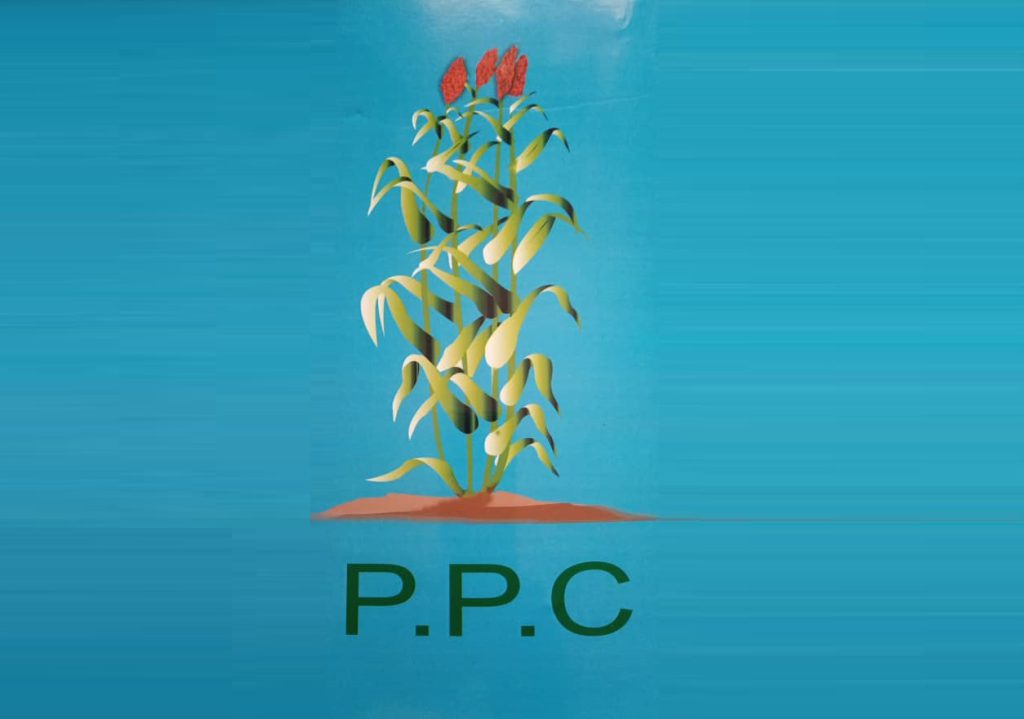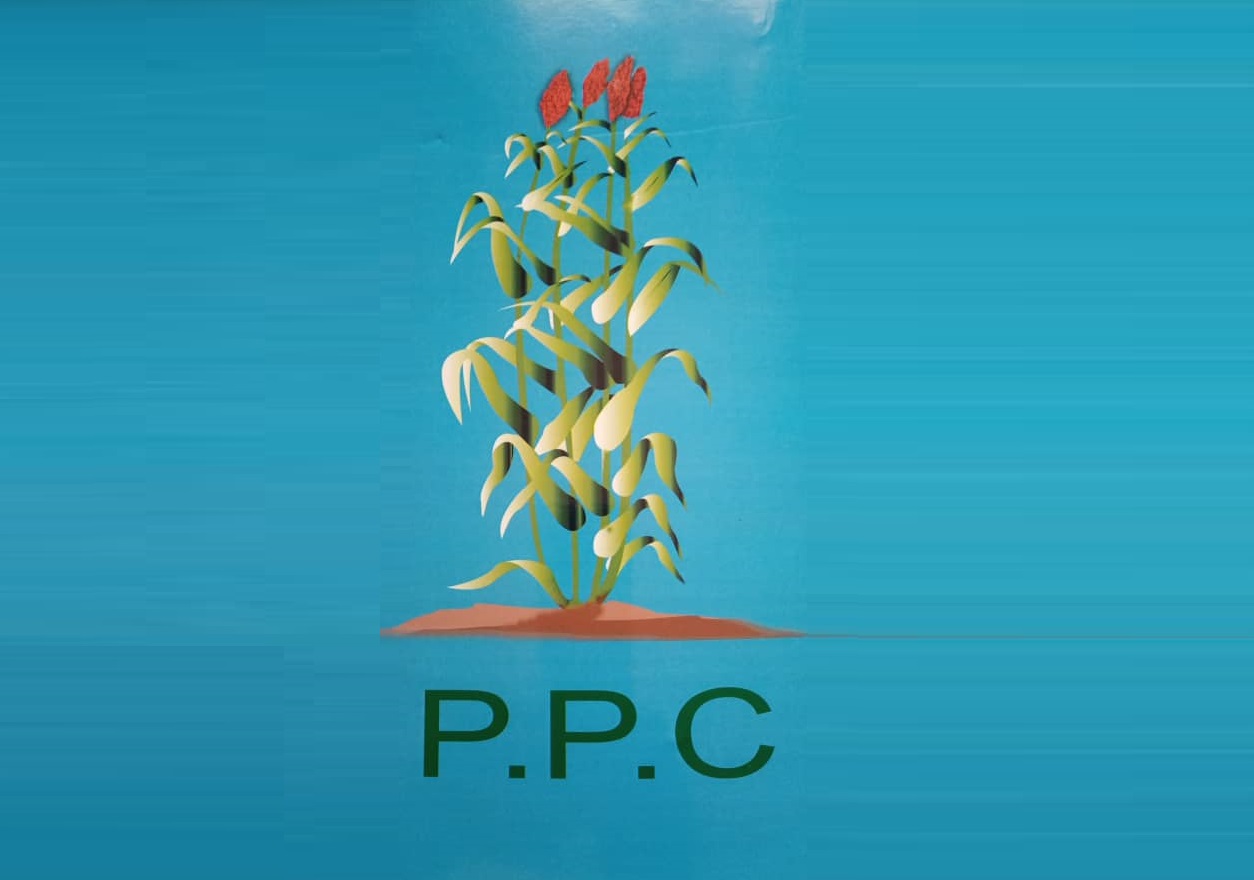

History
The Party for Progress and Concord (PPC) was created on June 22nd, 2003 at the end of what was called ‘Constituent Assembly’, which had brought together pioneer members at Castel Hotel. It requested for the authorisation to operate officially on July 7th, 2003. The Party for Progress and Concord (PPC) started operating officially after the publication of the Ministerial Order No 09/07.04 of July 22nd, 2003 in the Official Gazette No 15 of August 1st, 2003, at the time Rwanda was leaving the transitional period of almost nine (9) years. Only two (2) months after the Party for Progress and Concord (PPC) was established and authorised to officially operate, it soon presented to the post of the President of the Republic for presidential elections of August 25th, 2003, a candidate, namely Honourable Dr MUKABARAMBA Alivera. This initiative was a masterstroke for the Party for Progress and Concord (PPC) at the time people still had a very low level of understanding regarding the Rwandan women’s role in national politics, particularly through the competition for a political post and even the supreme post of the President of the Republic.
In the ongoing struggle for the construction of the country, prevention of divisionism and hatred among Rwandans, which devastated our country until they culminated into the 1994 Genocide against Tutsi, as well as the fight against whoever still fuels all these evils, the candidate of the Party for Progress and Concord (PPC) opted for the support to the RPF-Inkotanyi’s candidate for presidential elections, by requesting her supporters to transfer their votes to the candidate she had just decided to support; this being the way to mobilise Rwandans around the fight against those still harbouring destructive and divisive ideas.
In the 2003 legislative elections, Chamber of Deputies, the Party for Progress and Concord, even though it had only just been created, did not refrain from competing with other Political Organisations in these elections, by presenting its own candidates. Even though the Party’s efforts were not rewarded at the end of the above-mentioned elections, the initiative ushered in a new era of democracy. It also enabled this Political Organisation to inform Rwandans about the ideals and objectives of the nascent Party for Progress and Concord.
To show the members of the Party for Progress and Concord (PPC) and Rwandans as a whole the trust HE the President of the Republic had put in the President of the Party for Progress and Concord (PPC), Dr MUKABARAMBA Alivera, he appointed her as a Senator to the Senate Chamber, in accordance with the powers bestowed upon him by the Constitution of the Republic of Rwanda.
Mission and Platforms
The Motto of the Party for Progress and Concord (PPC) is:
![]() Development;
Development;
![]() Concord;
Concord;
![]() Rwandans’ welfare.
Rwandans’ welfare.
The Party for Progress and Concord (PPC) puts to the fore human value and the willingness to promote the development of the Rwandan society. These ideals can be translated into reality through the promotion of the progressive convention, based on the following themes:
![]() Promote Rwandans’ living conditions mainly based on the Education For All Policy, good health, the promotion of the living conditions of the population and of housing in Rwanda;
Promote Rwandans’ living conditions mainly based on the Education For All Policy, good health, the promotion of the living conditions of the population and of housing in Rwanda;
![]() Fight for the establishment of an efficient wage policy;
Fight for the establishment of an efficient wage policy;
![]() Promotion of justice, gender equality and citizenship;
Promotion of justice, gender equality and citizenship;
![]() Sensitisation of Rwandans about work;
Sensitisation of Rwandans about work;
![]() Technology-based development and economy; facilitation of Rwandan population access to finances by establishing a programme reducing bank guarantee and loan interest rates;
Technology-based development and economy; facilitation of Rwandan population access to finances by establishing a programme reducing bank guarantee and loan interest rates;
![]() Foreign affairs policy.
Foreign affairs policy.
To be in tune, the Party for Progress and Concord (PPC) more and more restructured itself and developed strategies enabling its ideas and objectives to be brought to the knowledge of a higher number of the population. Therefore, in October 2004, the Extraordinary Congress Meeting of the Party for Progress and Concord (PPC) amended some provisions of its Statutes by harmonising them with the situation of the country and even with other national laws.

